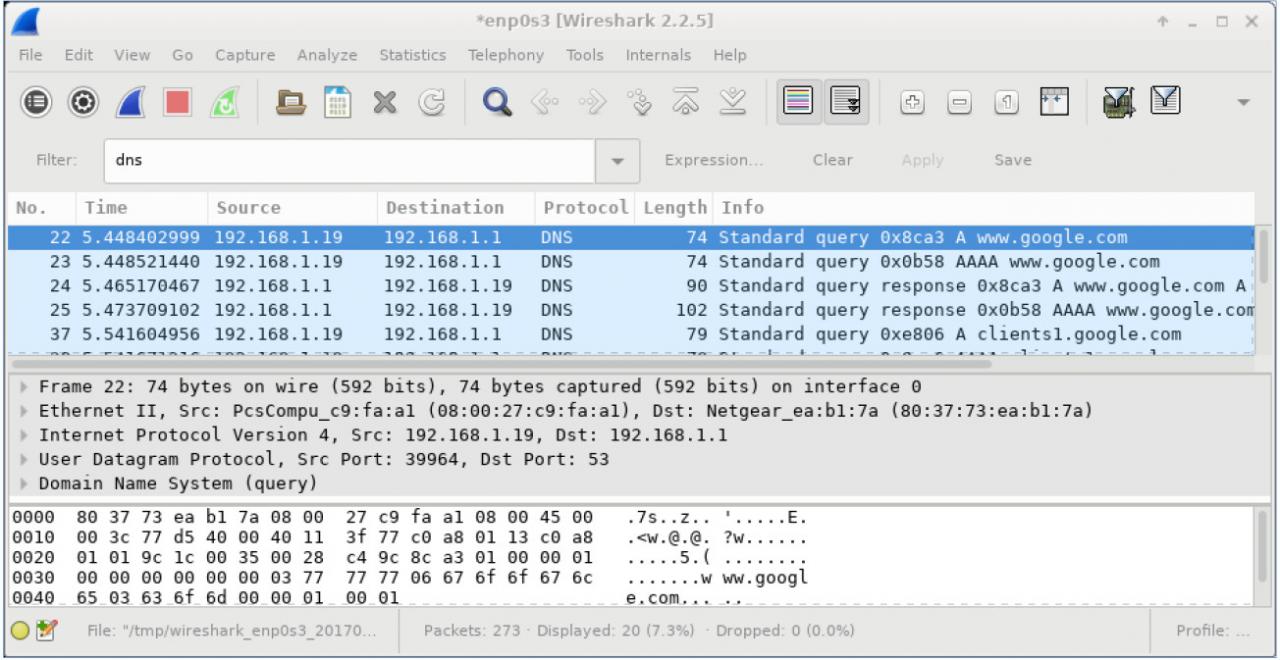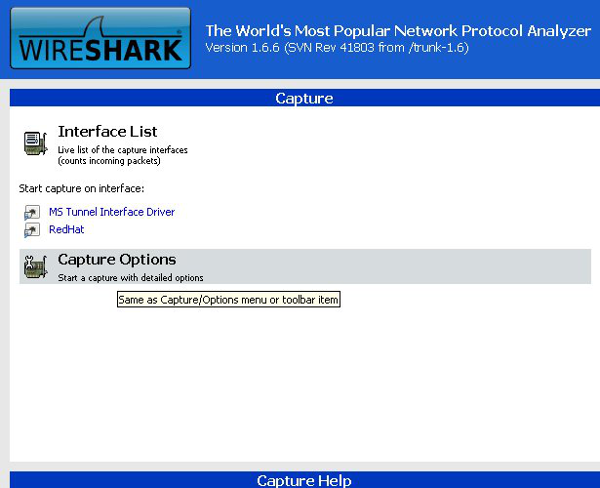


Although versions may differ, the options and menus should be similar – if not identical in each one. Particularly, if you are using Linux, Wireshark must be available directly from your distribution’s repositories for an easier install at your convenience. To install Wireshark, select the right installer for your operating system/architecture from. In this article, we will share 10 tips on how to use Wireshark to analyze packets in your network and hope that when you reach the Summary section you will feel inclined to add it to your bookmarks. Related Read: Best Linux Bandwidth Monitoring Tools to Analyze Network Usage On top of this, Wireshark allows you to not only monitor traffic in real-time but also to save it to a file for later inspection. To do this, they rely on software programs called network packet analyzers, with Wireshark perhaps being the most popular and used due to its versatility and easiness of use. It is the responsibility of network engineers and system administrators alike to monitor and inspect the packets for security and troubleshooting purposes.

In any packet-switched network, packets represent units of data that are transmitted between computers.


 0 kommentar(er)
0 kommentar(er)
